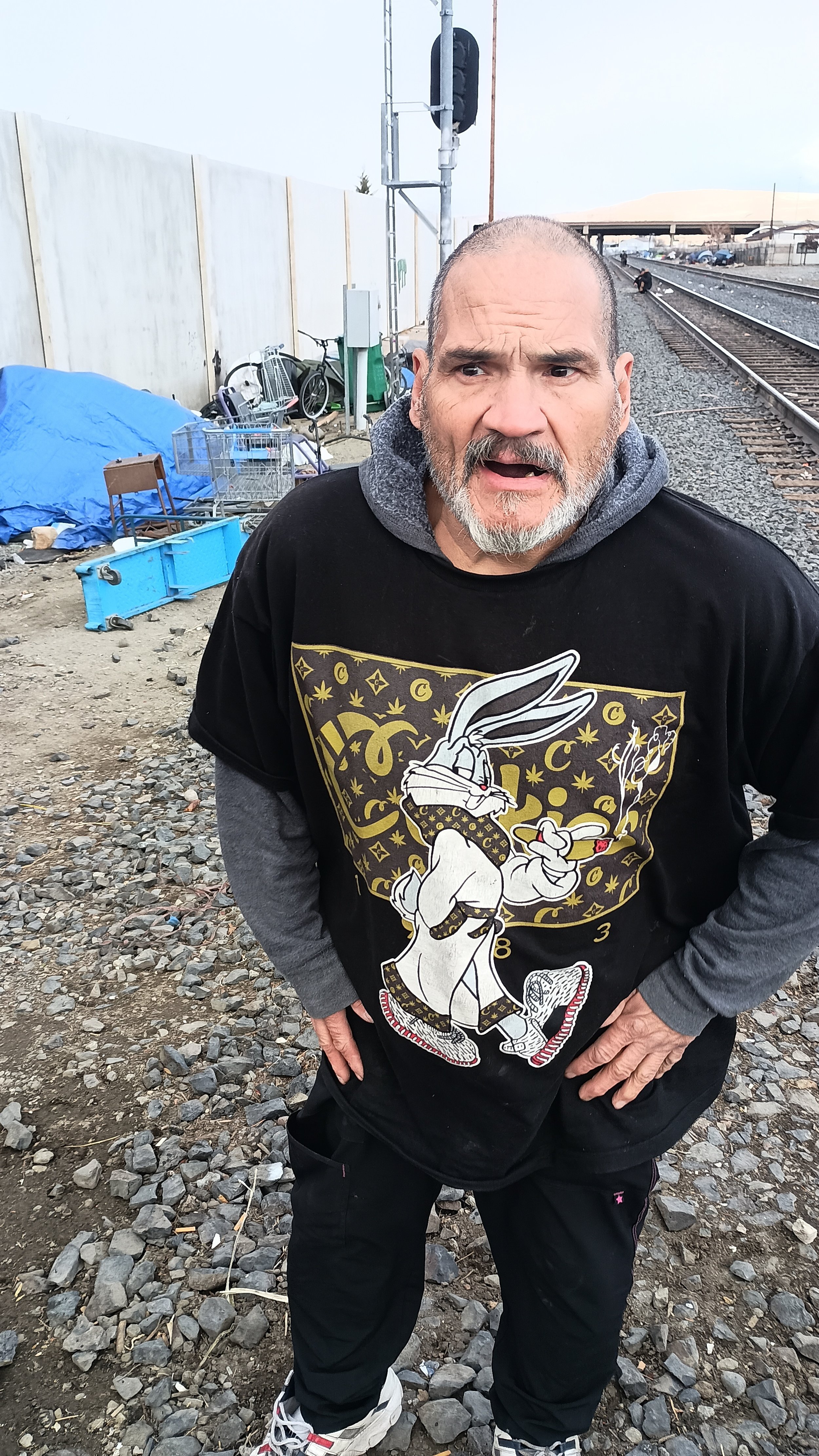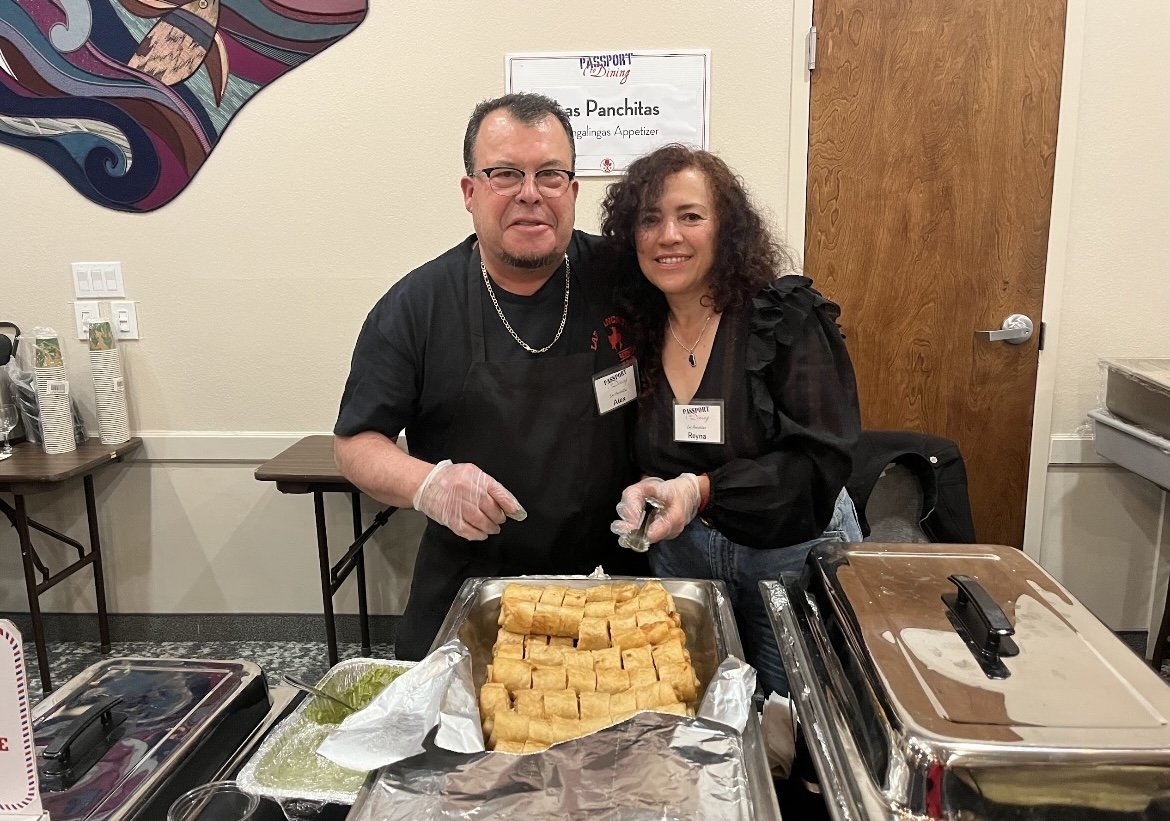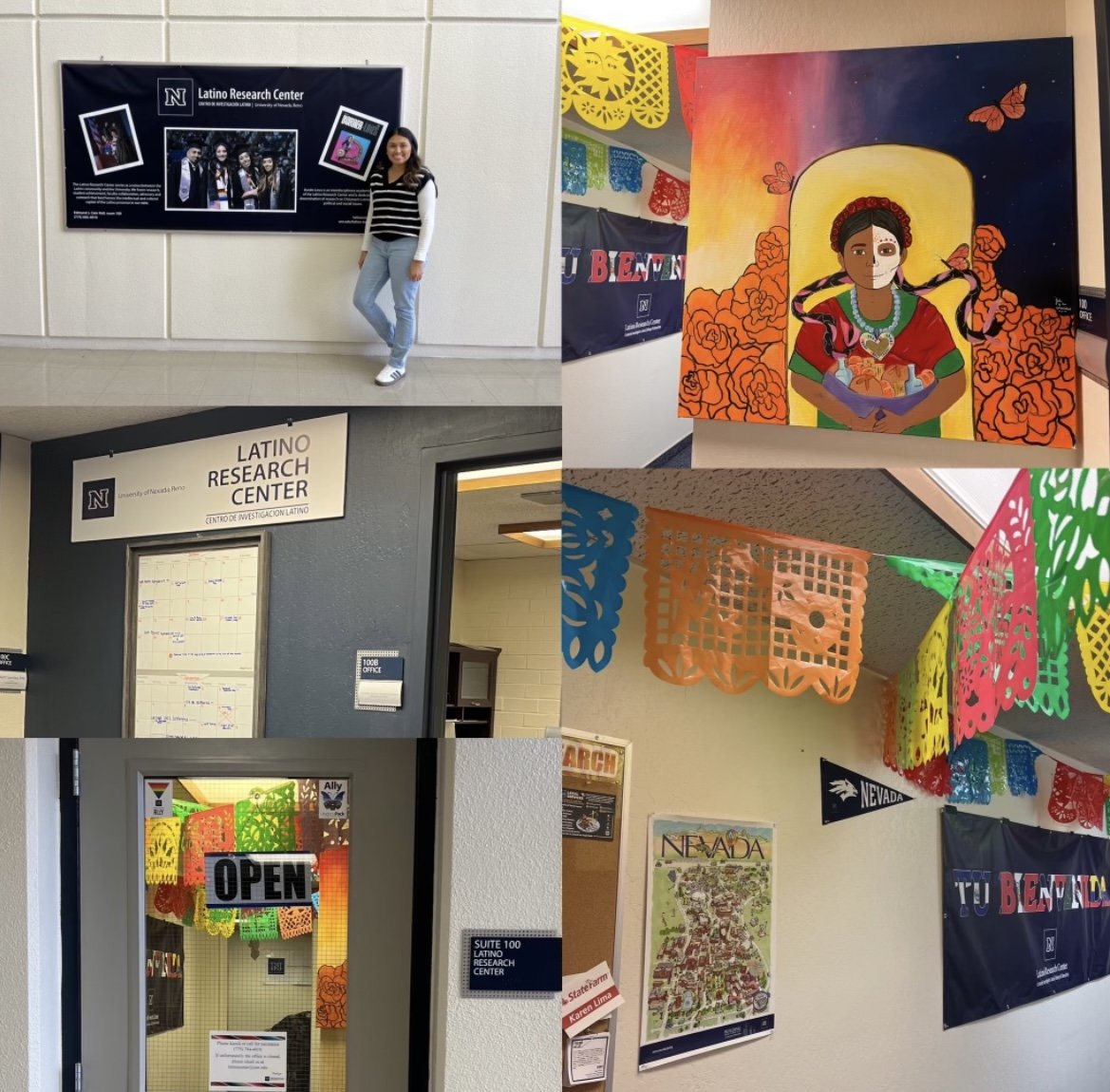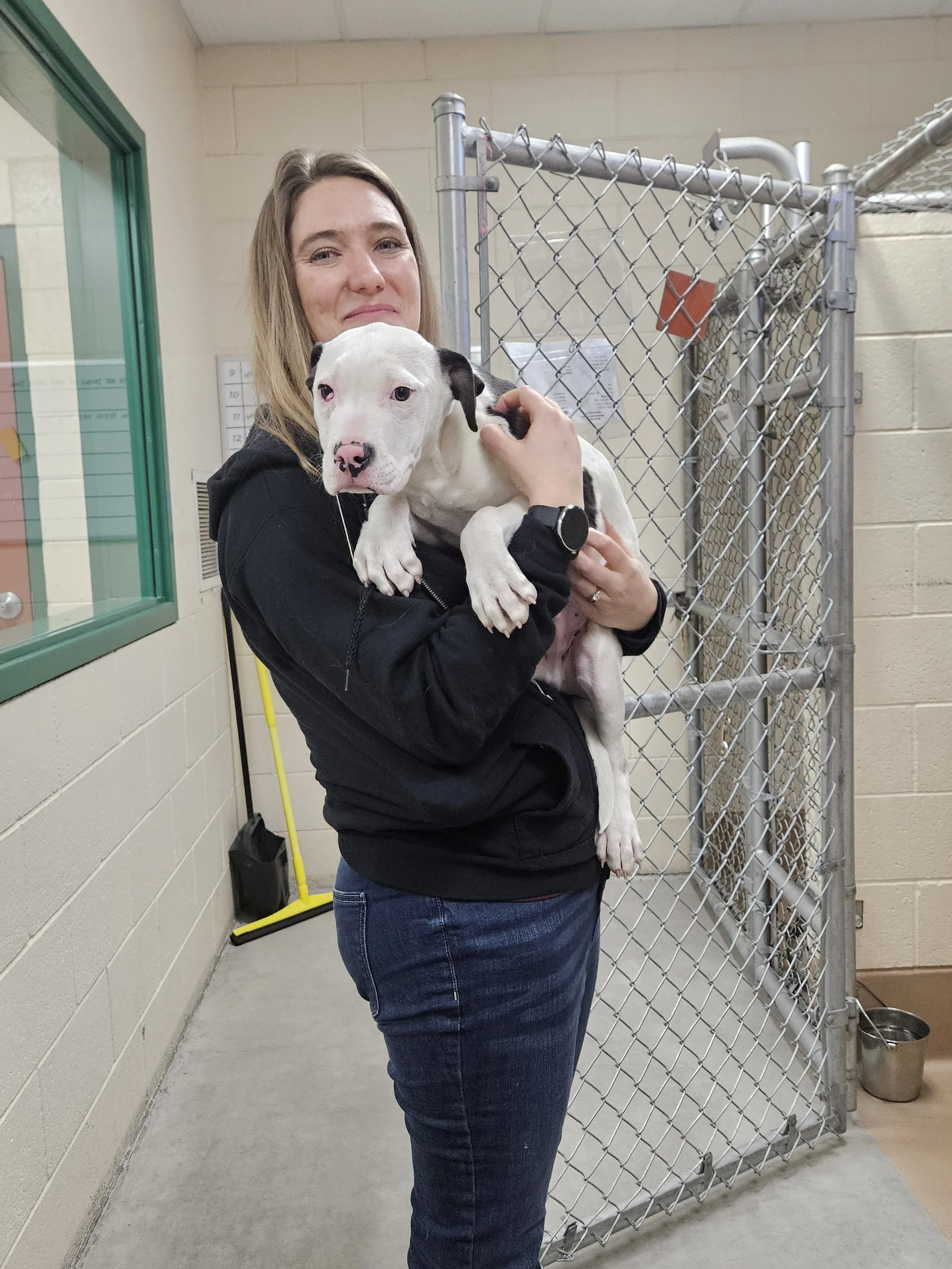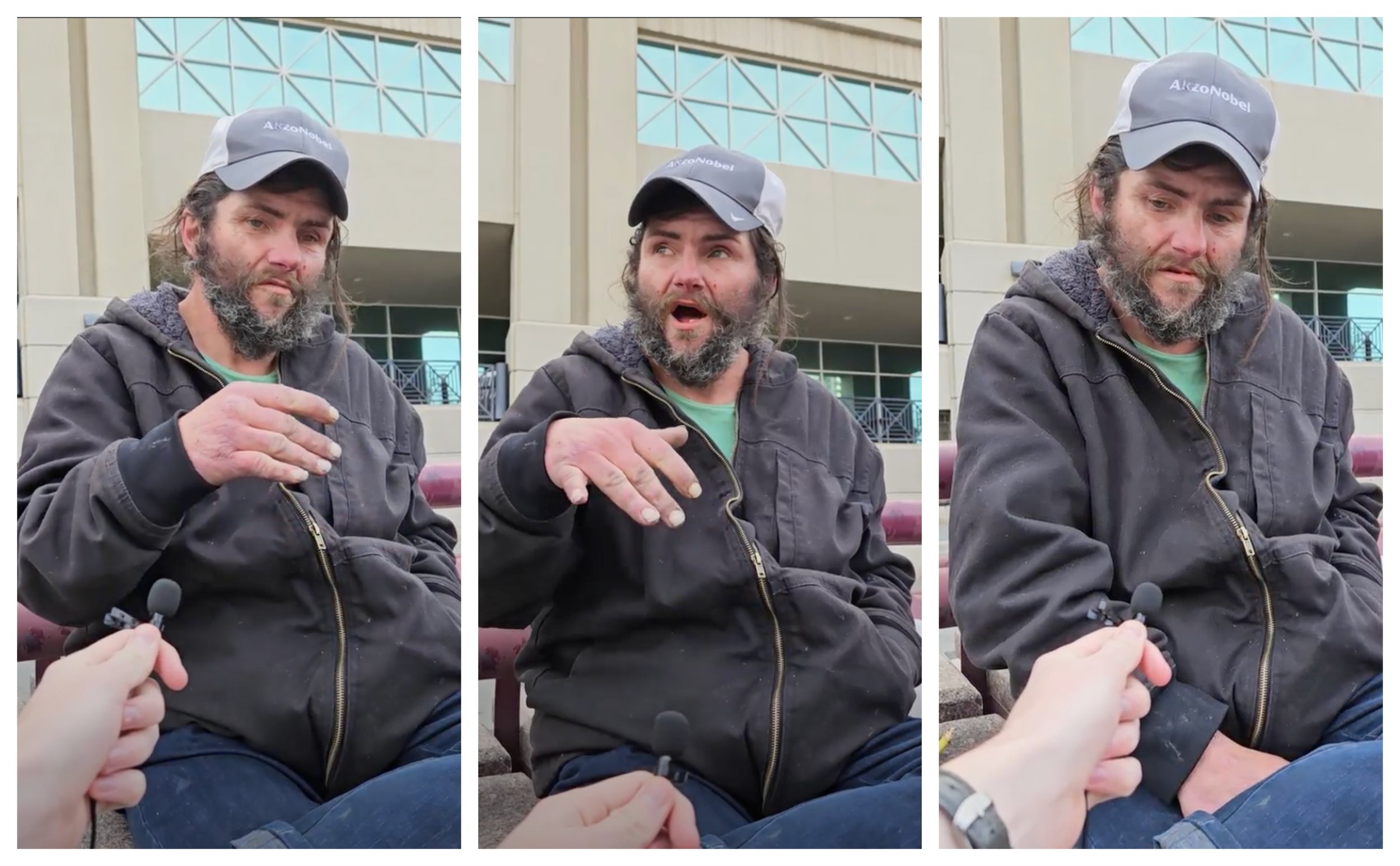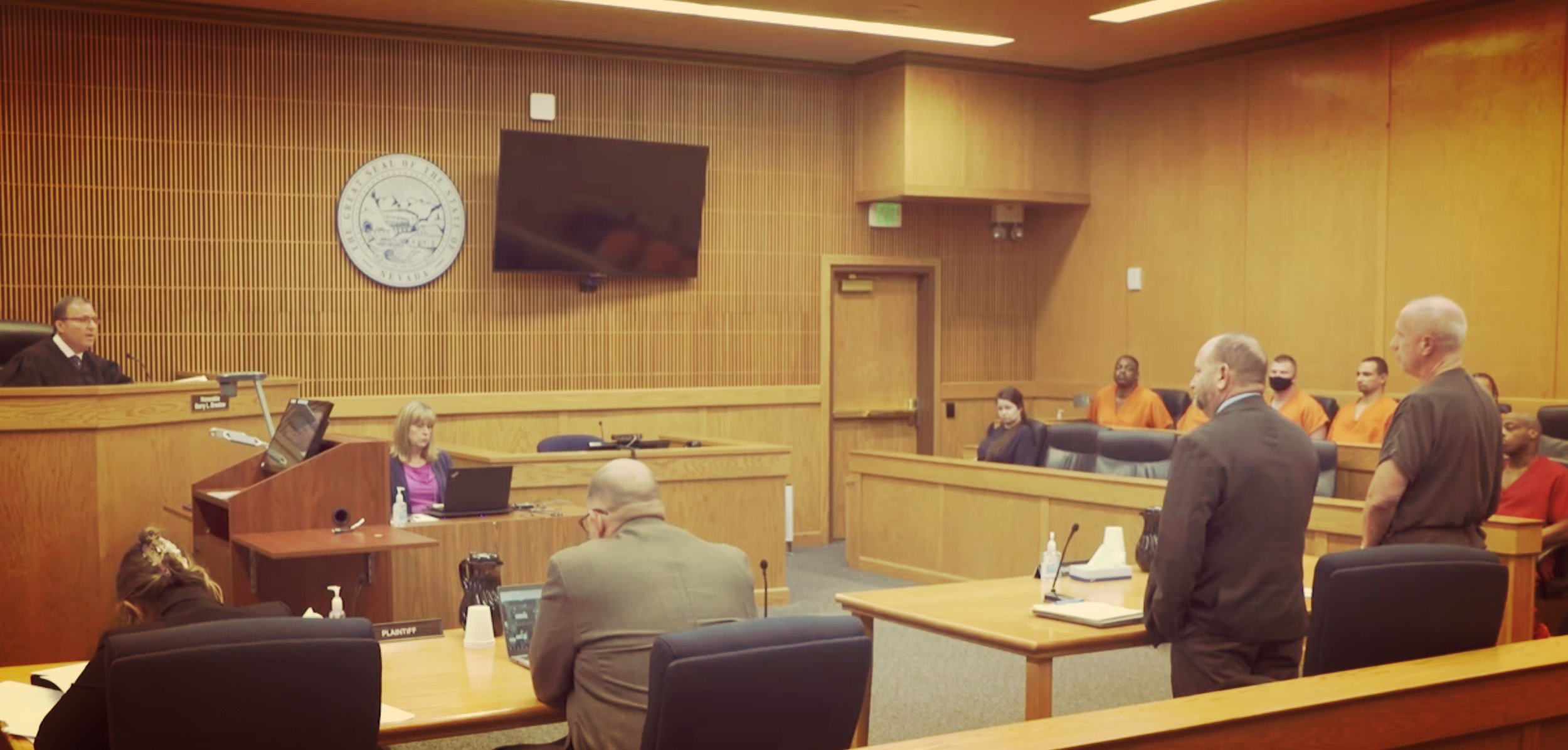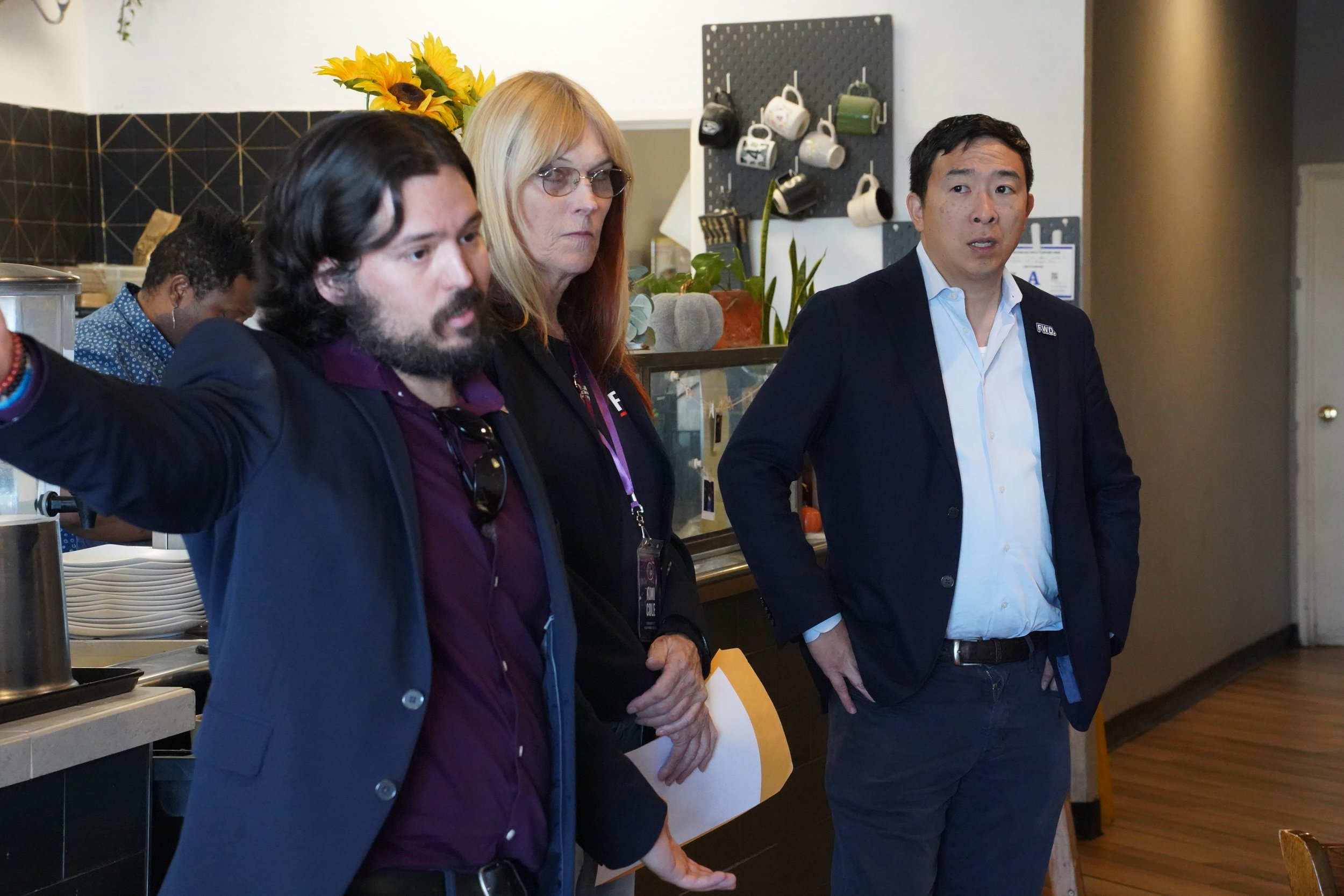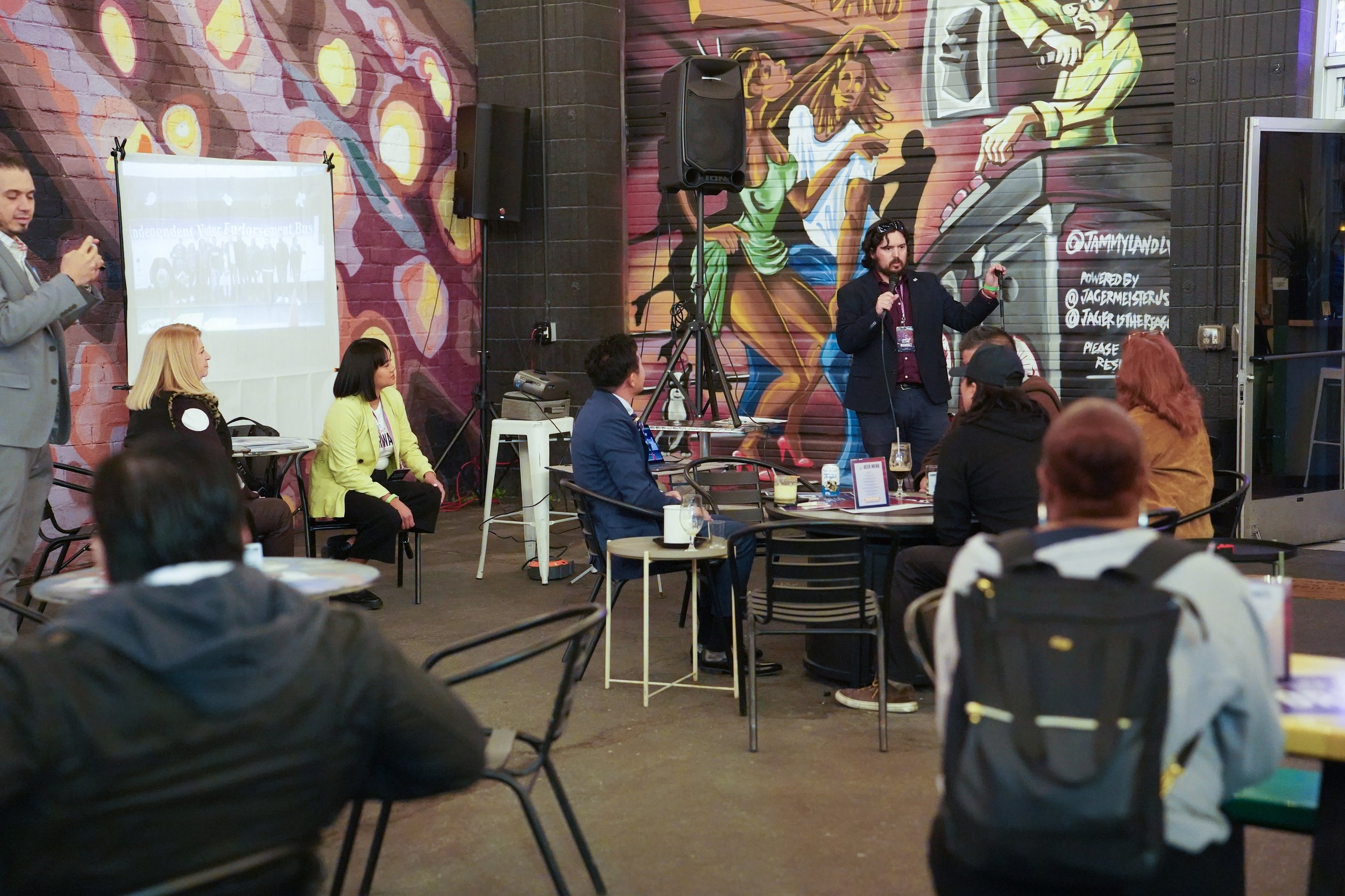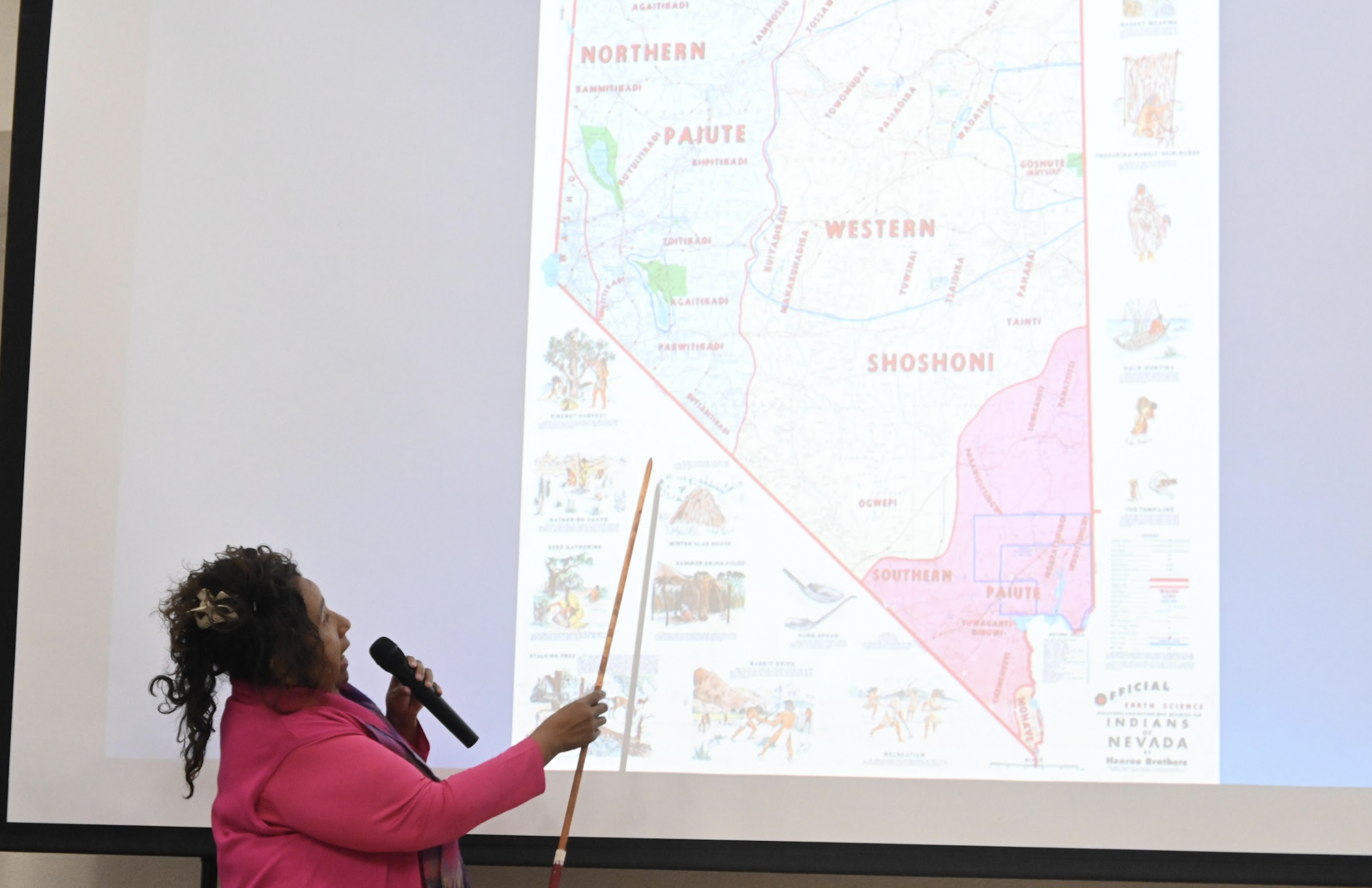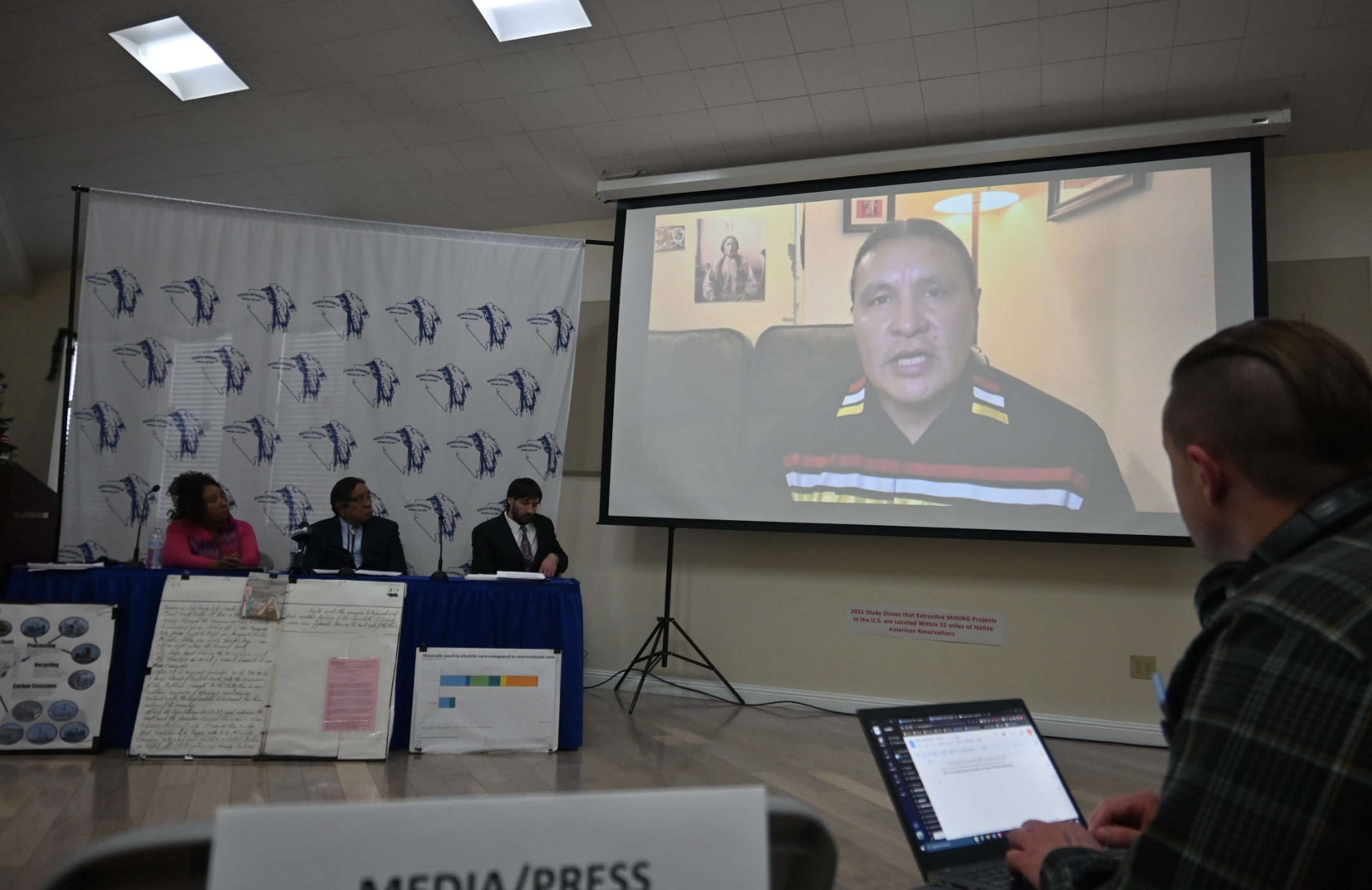Deana Connelly has had to move out from Reno to Fernley with too many memories haunting her where she used to live at the Silver Terrace Apartments on Wedekind Road, following her son’s unsolved murder there.
“It was too painful to live in Reno anymore,” she told Our Town Reno during a recent phone interview. “It’s quiet out here. There's no memories associated with him. So I can go to Walmart and not have a memory. I can go to the corner store and not have a memory.”
Twelve years ago, 17-year-old Ryan Connelly who had just had a baby with his girlfriend, was shot to death, coming home from a nearby corner store.
“It got to the point that driving past Hug High (where Ryan was previously a student and played football) or any activity that I did with my son was like ripping off a scab. And I said, ‘I can't do this anymore. I can't do it. So I didn't tell my kids that I was looking at places in Fernley. I’m on disability so I applied for housing, they accepted me and I told my kids, I'm leaving to go to Fernley. They weren't happy. I'm too far away from them. But they understood that healing has to happen in a certain way,” Connelly said.
At 9:21 p.m. on July 7, 2012, after his mom asked if Ryan was ok he responded that he was fine and at a friend’s place. They had a habit of having hourly check ins whenever he was out at night. Ryan known affectionately as “Baby Buddha” was her youngest, with one older brother and two older sisters.
Deana has been going to therapy every week since that tragic night. She posts regularly on the Justice for Ryan Facebook page, especially on holidays.
“I’ve been on my own since I was 14,” Deana wrote this past Christmas. “So when you gather around your family, and everybody is in attendance and healthy please count your blessings. Please remember the reason for the season. God bless everyone. Sending love and strength to whoever is missing their loved ones like we are on Christmas and during the holidays. Remember to hug them a little bit longer and tighter.”
There are also posts where Ryan is communicating.
“That's what keeps Ryan alive in my opinion,” Deana says of keeping the Facebook page, where she gets supportive messages both from people she knows and new acquaintances. “I think that if you stop communicating for him, then people tend to forget. I want them to know that we're still here. We're still fighting because it takes only one person to come forward. We just need that one person that's brave enough to come forward and help us,” she said of unlocking the case.
Family members say they know who murdered Ryan, and they believe the shooting was a case of mistaken identity, but they need the people who can convince investigators to speak up.
“Ryan’s not just a face or a name that was murdered,” Deana said. “He's still got a little girl. He still has a huge family and a huge following of loved ones. And I gotta keep him alive. I don't want anybody to forget about him,” she said.
On July 7th, 2012, after her last phone check in with Ryan, Reno PD Homicide Detective Dustin Allen later told media her teenager was filmed alone on surveillance video walking down Sutro Street entering a corner store and then leaving it soon after, but out of the range of any cameras.
Witnesses at the apartment complex where he had returned then indicated there was a loud argument with two people yelling at each other, followed by multiple gunshots.
At that point, Ryan called 911 and then his mom, who said she couldn’t hear him, and then 911 again.
At 10:23 p.m., Deana’s neighbor came running towards her, saying Ryan was injured in another apartment.
She says after reaching him she screamed “Don’t leave me!” holding him as tightly as she could in her arms.
After Reno PD arrived at 10:26 p.m., he was transported to Renown, where he was pronounced dead.
Investigators say they never found blood trails or bullet casings, and were never able to figure out where the shooting happened. Flyers were put up in the neighborhood in English and Spanish for the public to come forward with information, but no one came forward with enough of what they deemed credible information for an arrest to be made.
Deana is angry the case hasn’t been solved. She mentions racism and classism as possible reasons.
“I really thought that since he was a teenager and he played football for Hug and he wasn't a thug or anything, that they would look at him differently. But they didn’t, they dropped the ball immediately. He was not important,” she says, in disbelief.
She says police have ignored her calls and texts, and even blocked her number.
“They personally said to my son, and it was only four weeks after Ryan was killed, ‘we’re tired of telling her the same story. So why bother talk to her and tell her the same thing.’ That's what they said. And this is what I've been running into 12 years. And then when I call now, they tell me that it's a cold case and it's not assigned to anybody. So I have no one to even talk to,” she said.
She says police also need to learn to talk to grieving parents. We emailed Reno PD about her multiple concerns but did not hear back.
The comments accompanying early media stories hinting it was a gang shooting were disheartening, she says. “‘Oh, look at him, look at the neighborhood, look at the big T-shirt and the way he dressed, he obviously was dealing drugs. He had that coming.’ So many times in the comments, ‘he was probably just a gang banger. He had that coming.’ My kids would say, ‘don't read any of the comments, mom, don't read it. Don't read it.’ It was very painful. He wasn’t a gang member,” she told Our Town Reno.
She never gives up though. That is not in her nature.
“You wake up every morning going, saying is there something else I can do that this could be the year that I could look up in this sky and say, ‘we did it. We did it, Ryan, we did it,’” she said during our recent interview.
Her anger at local police extended even further, when Kenneth Stafford, a father of three, who Ryan looked up to as a role model, who she considered as her adopted son, whose wife had grown up with her kids, was shot and killed by Sparks police one year later, on July 11th, 2013, while on leave from active military duty, while mourning Ryan, and suffering from PTSD.
“Amy, his wife, grew up with my kids. And every summer she'd come stay with me from the age of 12. She spent every summer with me. And so Kenny was like my kid. We were really, really close. And he called me mom and he looked a lot like Ryan. Ryan and him were close. Ryan was going to go into the Navy. And of course Kenny was in the Army at the time. So Kenny got really sick with PTSD after Ryan was killed. He had a really hard time after his tours and stuff. And he came back for Ryan's anniversary and that's when he was murdered right in front of me,” she recounts.
Another website which never forgets such incidents, Reno Cop Watch, she supports wholeheartedly. “I love them because it makes the society know,” she said.
Deana has tried to get on cold case shows and have investigators help but without any new information from Reno PD, these efforts led nowhere.
“When Ryan was first killed, I wrote a lot of people, Unsolved Mysteries, America's Most Wanted, Ellen DeGeneres, I wrote Oprah. I wrote everybody that I could ever think of, even Dr. Phil. Nobody got back to me. Nobody, not one person wanted to touch Ryan's story,” she remembers in dismay.
There was one exception for her: Reno PD Sgt. Ron Chalmers, who looked into unsolved homicides. Deana said contrary to others he was helpful and caring, but soon retired after starting to communicate with her.
He wrote back to Our Town Reno saying “my heart breaks for her. She has endured pain and sorrow nobody should have to endure.” In a follow up he added, “please understand that Ryan’s murder occurred after I was a detective in homicide and before I was the sergeant in homicide. I was out of homicide for about four years after being promoted. So I know the general circumstances but was not involved in the investigation.”
The coroner’s office also had words which soothed Connelly. “I had to do CPR and I felt like I failed my son,” she said of the guilt she carried around. “And they said there was nothing you could have done. There's nothing you could have done. Just because he had a pulse when you fond him, doesn't mean he was still there. And he also told me the last thing that went is his hearing. So if you were talking to him, he heard you,” she said.
She hopes every post she makes, every interview she gives, including this one, can reach a person who might know something which could relaunch the case.
“If this was your brother, your son, your loved one, you would want justice for your kid. It only takes one person. So any information you think may be stupid or unimportant, it could be very important to the right person. So if you know anything, please come forward and help me,” she pleaded at the conclusion of our interview.
Anyone who feels they might know anything about what happened the night Ryan Connelly was murdered can give an anonymous tip to Secret Witness by calling (775) 322-4900 or texting the keyword: SW to 847-411. You can also report a tip online by clicking HERE.
Our Town Reno reporting, January 2024
